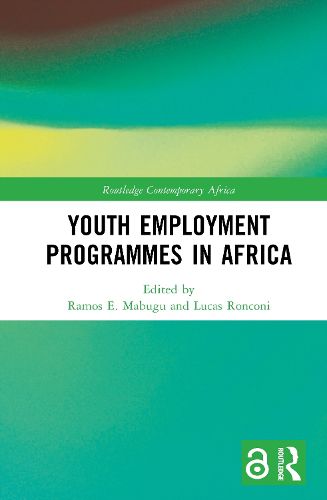Readings Newsletter
Become a Readings Member to make your shopping experience even easier.
Sign in or sign up for free!
You’re not far away from qualifying for FREE standard shipping within Australia
You’ve qualified for FREE standard shipping within Australia
The cart is loading…






This book investigates youth employment programmes across nine African countries, providing important insights into the world's youngest continent by population, in which 60% of people are aged under 25.
By 2050, the labour force in sub-Saharan Africa is expected to be almost double the size of the labour force in high-income countries, representing a massive shift in the world's working population and providing a significant challenge for job creation. In this book, contributors bring together insights from more than 500 in-depth interviews and 1,500 focus group participants to consider whether youth employment programmes are effectively reaching vulnerable groups. This book tackles the problem of political clientelism in the allocation of benefits and considers the level of coordination that is taking place across programmes and political institutions.
Combining rich empirical findings with data about labour market outcomes and institutions, this book will be an important read for researchers wishing to understand the political economy of youth employment policy in Africa.
$9.00 standard shipping within Australia
FREE standard shipping within Australia for orders over $100.00
Express & International shipping calculated at checkout
This book investigates youth employment programmes across nine African countries, providing important insights into the world's youngest continent by population, in which 60% of people are aged under 25.
By 2050, the labour force in sub-Saharan Africa is expected to be almost double the size of the labour force in high-income countries, representing a massive shift in the world's working population and providing a significant challenge for job creation. In this book, contributors bring together insights from more than 500 in-depth interviews and 1,500 focus group participants to consider whether youth employment programmes are effectively reaching vulnerable groups. This book tackles the problem of political clientelism in the allocation of benefits and considers the level of coordination that is taking place across programmes and political institutions.
Combining rich empirical findings with data about labour market outcomes and institutions, this book will be an important read for researchers wishing to understand the political economy of youth employment policy in Africa.